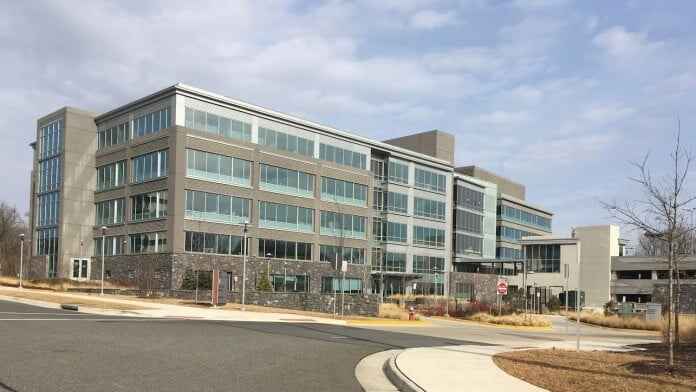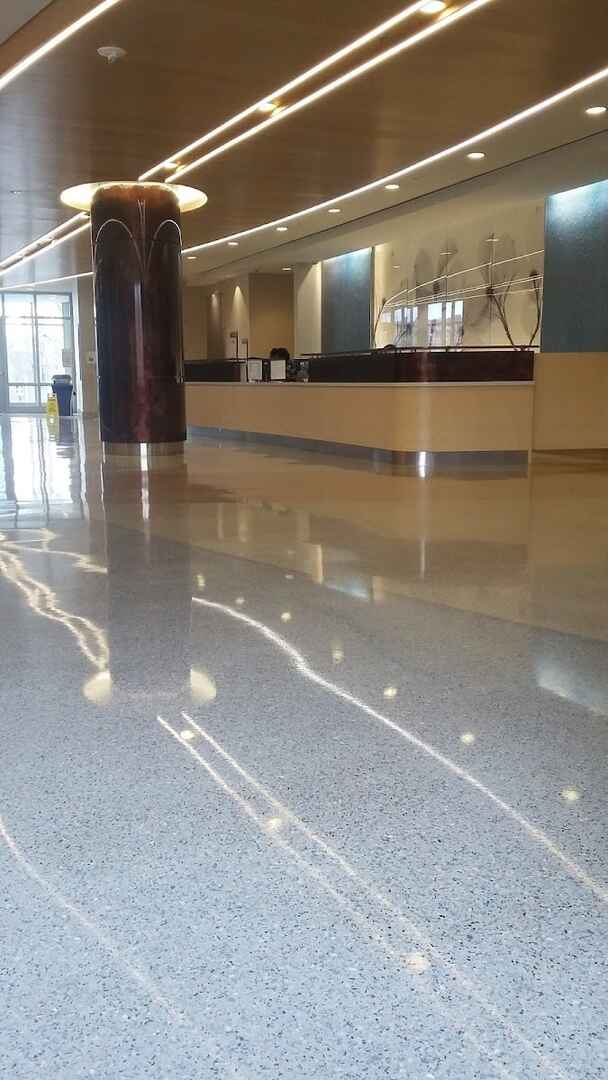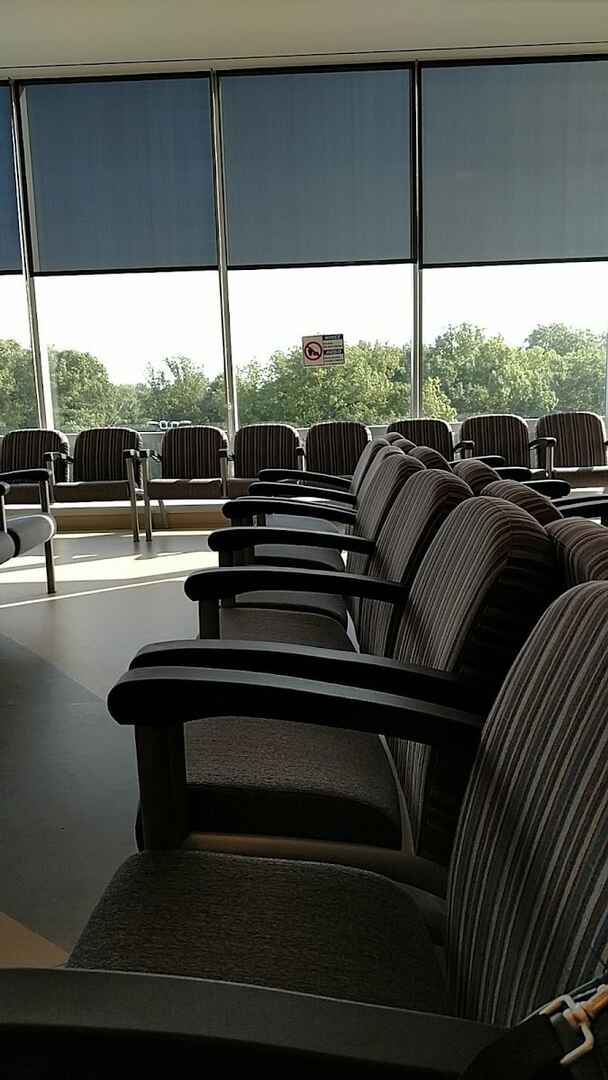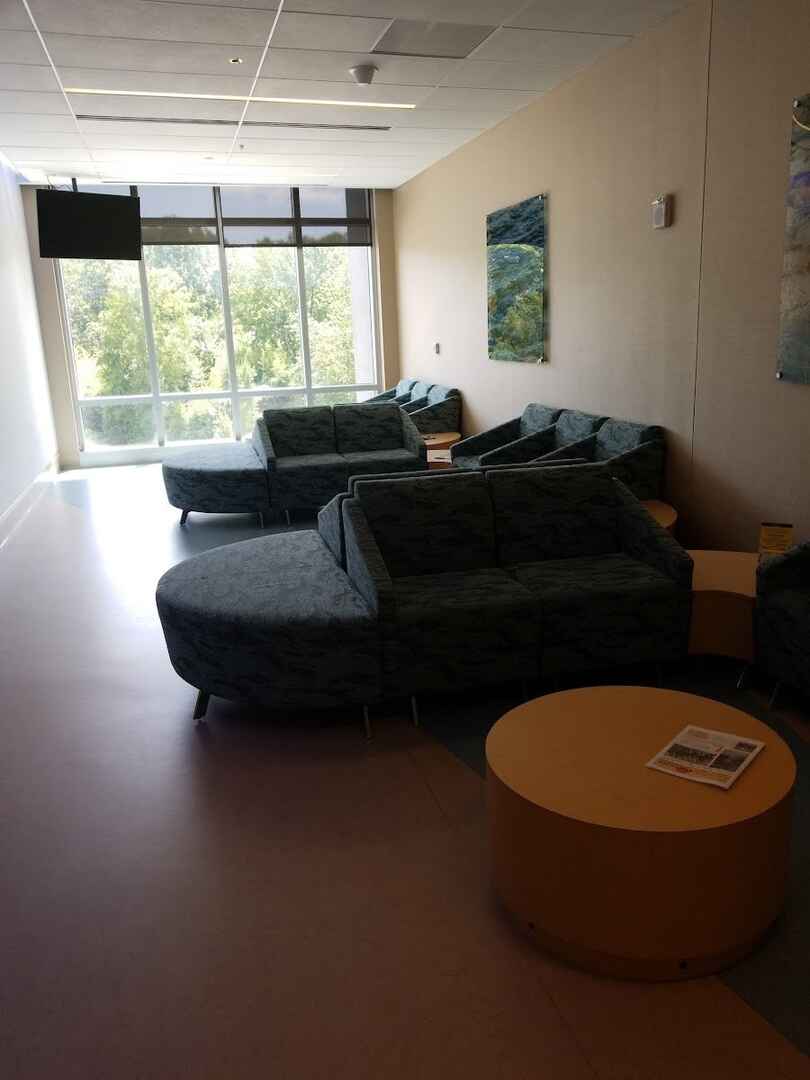About Fairfax-Falls Church Community Services Board – Fairfax
Fairfax-Falls Church Community Services Board–Merrifield Center is a 12 step focused outpatient mental and behavioral healthcare center for youth and adults in Fairfax, Virginia. They provide dual diagnosis care, assertive community treatment (ACT), medication assisted treatment (MAT). outpatient programming, and aftercare support. Specialized services are available for seniors, teens, persons with hearing impairment, and persons with HIV/AIDS.
Fairfax-Falls Church Community Services Board–Merrifield Center, in Fairfax, Virginia, is an outpatient mental health care and addiction recovery facility for adolescents and adults offering dual diagnosis care and specialized programming for seniors, persons with HIV/AIDS, and persons with hearing impairments.
The 12 step focused outpatient program supports clients’ long term recovery through a robust continuum of care aligned with clients’ evolving needs. Their levels of care include intensive outpatient (IOP), partial hospitalization (PHP), and standard outpatient. Clients receive medical and mental health assessments, personalized care plans, and comprehensive case management. Assertive community treatment (ACT) is available for housebound clients. Clients engage in intensive, trauma informed individual, group, and family counseling drawing on a range of proven modalities, including CBT, DBT, and motivational interviewing. The drug rehab program also prioritizes recovery focused life skills training, including courses in coping, self care, wellness, and relapse prevention.
Fairfax-Falls Church Community Services Board–Merrifield Center is state licensed and accepts private insurance, military insurance, Medicare, Medicaid, financing, and self pay. Daily fee schedules, sliding scale payment assistance, and financial aid are available.



